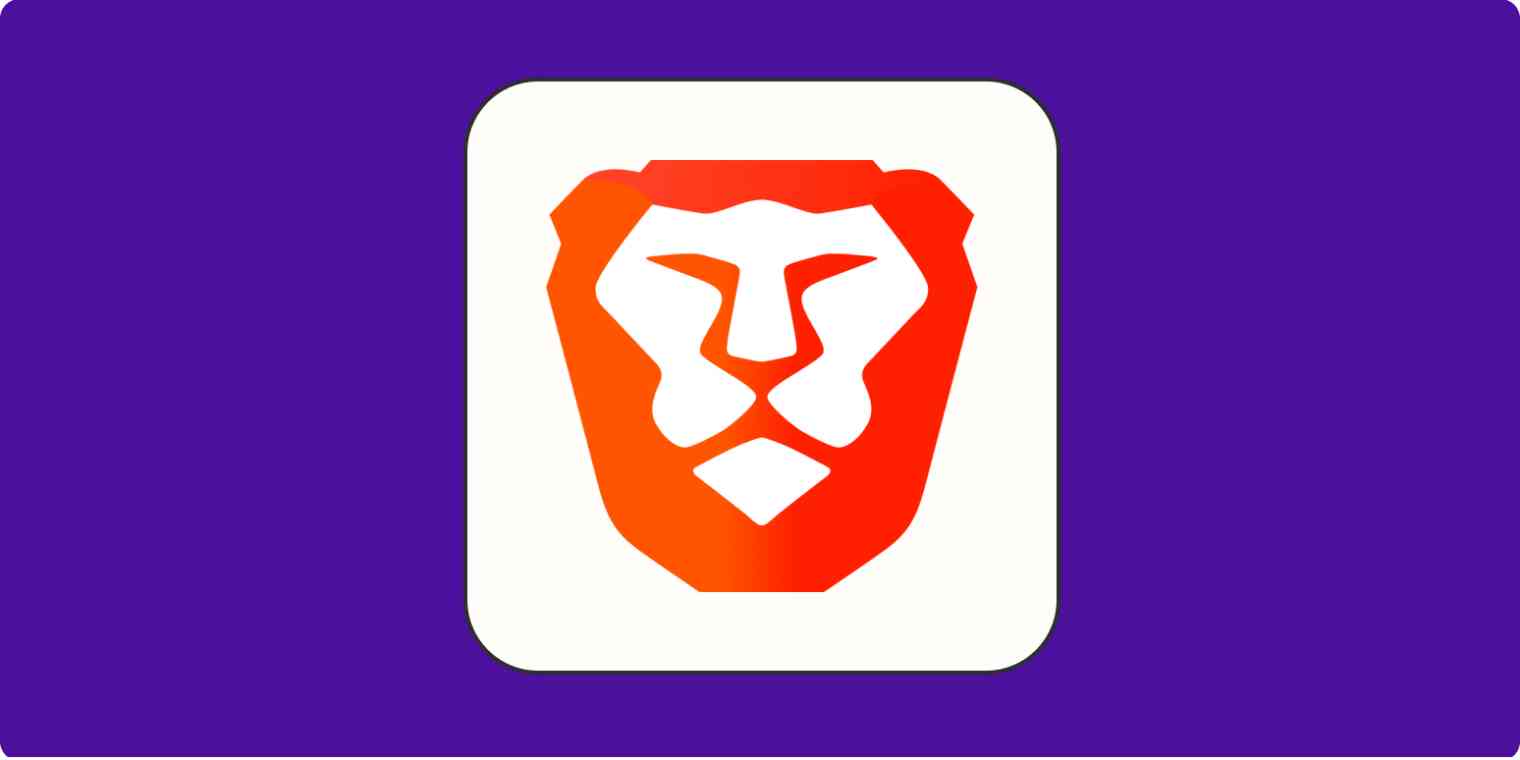The recent iOS 17.4 update by Apple now allows iPhone users in the European Union (EU) to choose their default browser, and Brave browser has seen a significant surge in popularity as a result. This alteration is a direct result of the EU’s enactment of the Digital Markets Act (DMA), aimed to stimulate competition within the European digital technology market.
An alternative to Safari: The Brave browser
Brave browser is emerging as a popular alternative to Safari among European iPhone users. This privacy and security-oriented browser stands out from its rivals as it allows the use of alternative engines, enabling faster web page loading and offering distinct features not found in Safari.
The rise of alternatives to Safari: A result of DMA
From iOS 14, theoretically, iPhone users could choose their browsers. However, in practice, Safari’s alternatives were limited due to Apple’s requirement to exclusively use the WebKit engine. This requirement ensured high-level security and privacy but also impeded competing browsers from providing users with improved speed and functionality not present in Safari.
The impact of DMA on Apple’s browser policies
The EU’s implementation of the DMA led Apple to relinquish its exclusive use of WebKit and to offer users a choice of default browser during initial device setup. On the first launch of Safari, users can now set their preferred browser as the default one. Additionally, browser developers are permitted to use alternative engines, setting an avenue for innovation and a better user experience. Listed among the suggested browsers are Chrome, DuckDuckGo, Edge, Firefox, and Brave.





